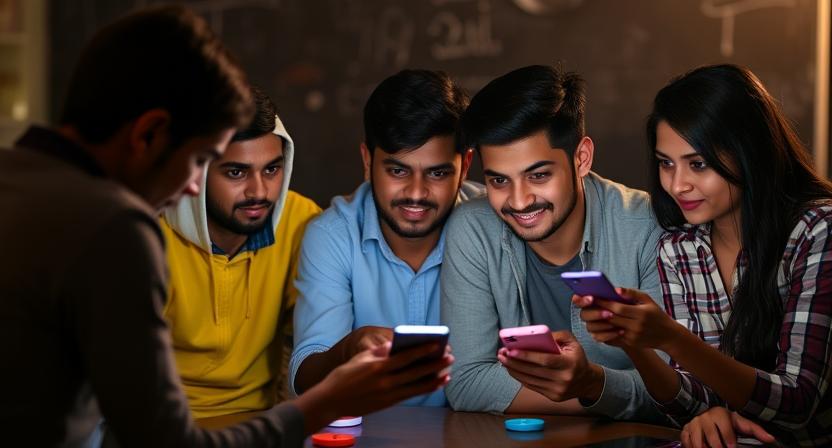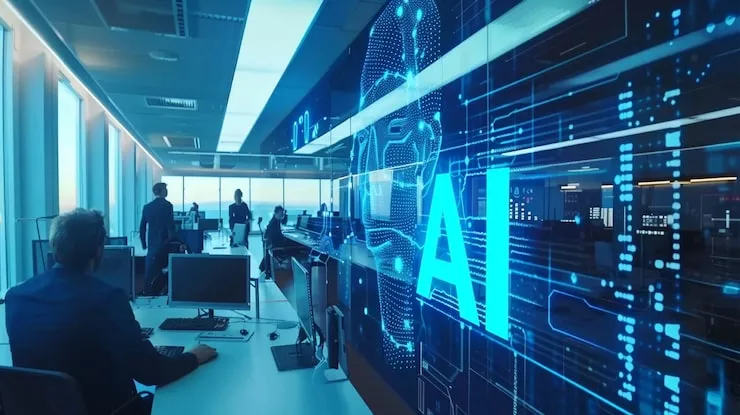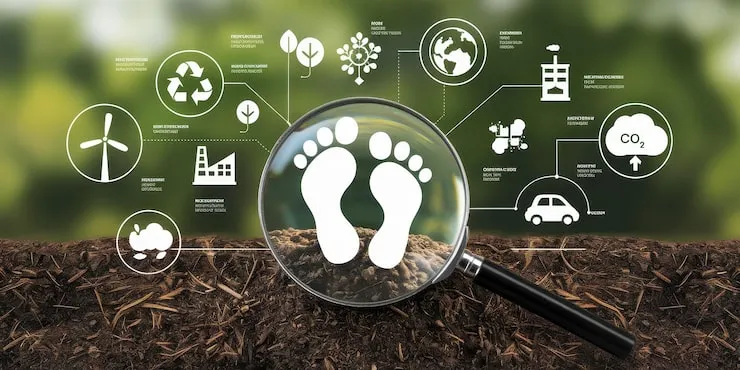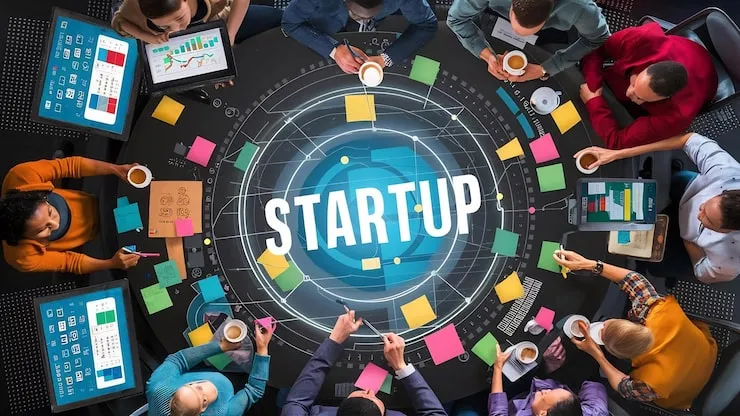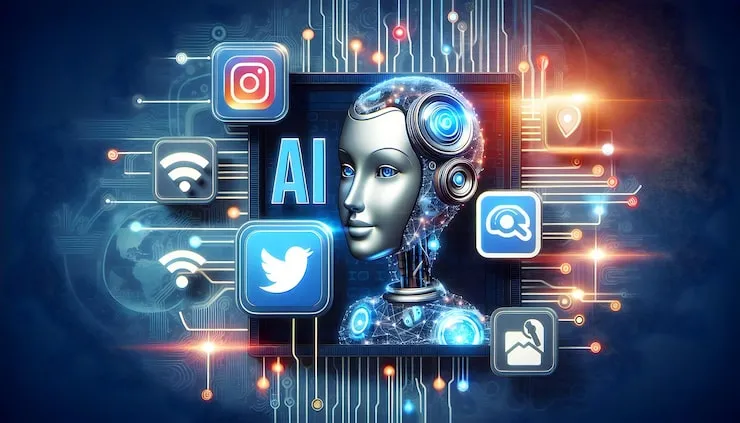Young people are taking front stage in creating major shifts in society as India advances in the 21st century. The young have great ability to mould India's future as more than half of its population is under 30. Today, I wish to discuss the incredible ways young Indians are striving to better their nation and communities.
The Important Role of Youth in Indian Social Reform
Young Indians nowadays have both options and difficulties. Dealing with unemployment, educational gaps, and societal pressures, young people are also equipped with new tools, innovative ideas, and strong will to improve India for everyone. Young people who engage in social change have energy, inventiveness, and fresh viewpoints that might address issues in ways older generations would not consider. India's development as a country depends on their efforts.
Read also: Emerging Indian Social Networking Sites
How Youth in Indian Social Reform Are Making a Difference
Young Indians all over the nation are acting in several distinct ways. While some work with already existing companies, others launch their own initiatives or utilise social media to raise awareness of significant concerns. From teens planning clean-up campaigns in their local areas to young professionals developing use to link farmers directly with consumers, I've witnessed college students spending weekends educating kids in slum regions. These little deeds combine to produce significant results.
The Role of Youth in the Development of India: Key Areas of Impact
Young people are working in many different areas to improve Indian society. Let's look at some of the most important ones:
Education Reform and Youth Involvement
Young people are striving to improve education and make it more available for all Indians; it is maybe the most potent tool for social change. Many college graduates spend two years teaching in schools for the poor under initiatives as Teach For India. Some build mobile applications that provide educational material in local languages or weekend learning centres in remote regions. Young instructors are also bringing new teaching strategies into schools, away from rote learning towards more innovative and useful education. This enables pupils to acquire the critical thinking abilities required to address practical issues.
Environmental Protection Led by Young Indians
Though today's children will suffer the most, everyone is impacted by climate change and environmental issues. Many young Indians are therefore spearheading environmental campaigns. Young activists are making their opinions known from planning tree-planting campaigns to fighting against single-use plastics. While some focus on bigger initiatives like community gardens or rainwater collecting systems, some begin small by altering behaviours in their homes and schools. Young company owners are also developing green replaces for daily items, proving that environmental conservation and corporate success can coexist.
Digital Activism: Social Change by Young People Online
Young people have been able by the internet and social media to create awareness and mobilise movements with strong tools. One post can motivate hundreds to act and reach them. Young digital activists highlight problems including gender inequality, caste prejudice, and corruption using hashtags, videos, and internet campaigns. They offer knowledge that enables individuals grasp complicated societal issues and success tales that motivate others. Digital activism lets young people from various backgrounds and places engage in social reform movements unlike conventional activism that may call for actual attendance at rallies or marches.
Modern Youth and Social Justice in India: Fighting Inequality
Many young Indians are driven to build a more fair society where everyone has the same chances regardless of gender, caste, religion, or financial background. Young solicitors provide those unable to afford it free legal assistance. Students at college plan awareness-raising activities against caste prejudice. Young filmmakers produce documentaries stressing the issues faced by people of colour. Youth are gradually but definitely altering attitudes and practices that have been around for millennia by facing ancient biases and advocating for equal rights.
Youth Entrepreneurship for Social Change
Not all social reform comes through activism or non-profit work.Many young Indians are starting companies that generate jobs and boost the economy as well as address social issues. Social entrepreneurs create goods and services that meet demands in healthcare, education, agriculture, and other vital sectors. For instance, some design affordable medical devices for rural areas, while others create sustainable farming techniques that enable farmers to earn more money. These young business leaders show that making money and making an impact can go together, creating models that are both viable and socially responsible.
Health and Wellness Initiatives by Young Reformers
Young Indians make significant strides in mental health awareness, an area typically neglected by past generations. Young health workers, nurses, and doctors give their time in poor and remote areas. College students do efforts on illness prevention, cleanliness, and nutrition. Young counsellors want to lower the stigma attached to mental health concerns and assist those in need. Young people are leading to create a better India by means of both professional activity and giving back.
Rural Development and The Role of Youth in the Development of India
Although many young Indians live in towns, many are also striving to enhance living in rural regions, where still majority of India's population resides. Some come back to their villages after studying in cities, bringing back information and skills that help their communities. Others participate in government initiatives or rural development groups meant to enhance services, agriculture, and village infrastructure. While honouring traditional knowledge and customs, young people introduce new technology and ideas to help close the gap between urban and rural areas. This balanced strategy produces sustainable development suitable for rural areas.
Read also: Indian Social Structure And Family System
Art and Culture: Youth Preserving and Reinventing Traditions
Young artists, musicians, authors, and performers are preserving and revising India's rich cultural legacy. While some produce contemporary versions that connect these customs to next generation, others study and practise historic art forms that may otherwise be lost. They spread India's many cultural expressions to larger audiences by means of festivals, social media, and community activities. Because it questions elements of tradition that could no longer benefit society, this cultural activity is a key component of social change as it serves to strengthen identity and pride.
Challenges Facing Young Social Reformers
Despite their enthusiasm and creativity, young people working for social change face many obstacles:
- Limited resources and funding for their initiatives
- Resistance from older generations who may not understand or support their ideas
- Burnout from trying to balance activism with education or jobs
- Difficulty reaching rural or disconnected communities
- Political or social pressure when addressing controversial issues
Understanding these challenges helps us appreciate the determination of young reformers who continue their work despite these difficulties.
Success Stories: Youth-Led Social Change by Young People
Despite the challenges, there are many inspiring success stories of young Indians creating meaningful change:
Starting in Mumbai's Versova Beach, Afroz Shah launched what ultimately grew to be the largest beach clean-up campaign in the world, picking up millions of pounds of garbage and motivating like efforts all over India.
"Why Waste?" was started by Garvita Gulhati as a campaign urging people and restaurants to utilise water more wisely, hence saving millions of litres of it.
Helping hundreds raise their academic performance, Uday Khare built a network of young volunteers offering youngsters from low-income households educational support.
These success stories highlight what is feasible when young people dedicate themselves to solving societal issues, even beginning with little actions.
How Everyone Can Support Modern Youth and Social Justice in India
Supporting young social reformers isn't just for other young people—people of all ages can help:
- Mentor young activists and share experience and knowledge
- Provide financial support to youth-led initiatives
- Amplify young voices by sharing their work on social media
- Create opportunities for young people to participate in decision-making
- Simply listen to young people's ideas without dismissing them
This support helps young reformers overcome challenges and increases their impact on society.
The Future of Youth in Indian Social Reform
The part of young people in Indian social change would only become more crucial looking forward. New ideas and new ways will be vital as India confronts issues including climate change, technological upheaval, and shifting social structures. Today's young people are more connected, knowledgeable, and powerful than any other generation. They are intimately linked to local reality as well as aware of global concerns. This particular viewpoint helps them to create ideas that are both creative and suitable for Indian settings. Supporting young reformers today helps us to invest in leaders who will steer India over the difficult next decades.
Conclusion: Why The Role of Youth in the Development of India Matters to Everyone
The efforts young people are making to change and better Indian society helps everyone—not only the young people themselves. Opportunities for young people to bring about good change help whole communities to flourish. Youth-led social change tends to be more inclusive, forward-looking, and flexible to changing conditions. Young reformers frequently connect many societal groups, hence fostering cooperation and lowering conflict. Young Indians striving for social change give me hope for India's future when I see their zeal, inventiveness, and drive. Though every young person who chooses to be part of the solution rather than accepting issues as they are helps India closer to realising its potential as a country where all people may live with dignity and opportunity, the road ahead is fraught with obstacles.



